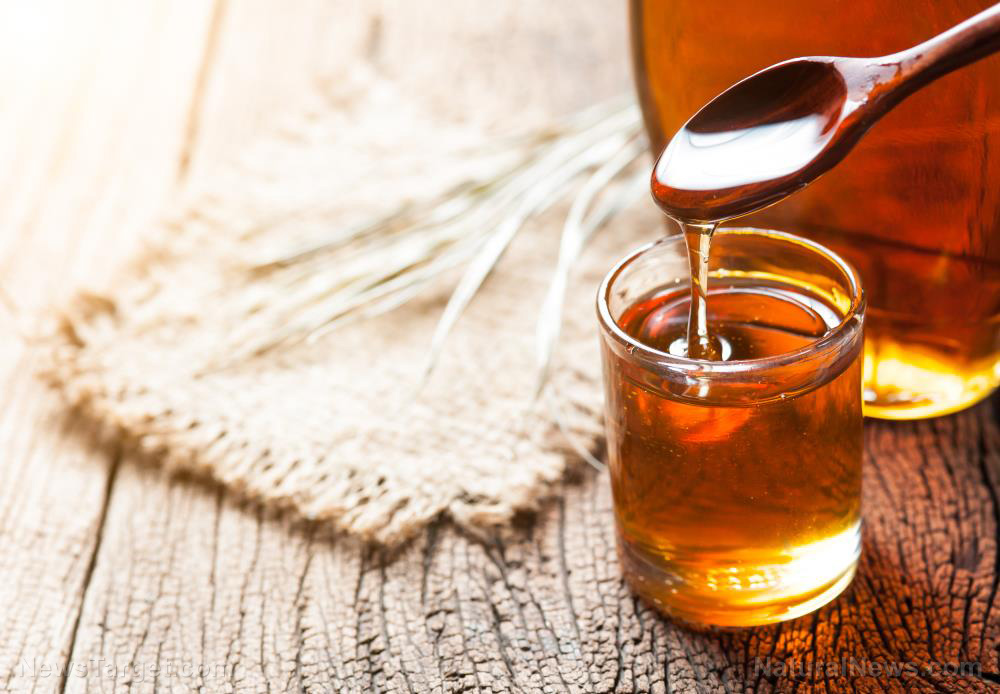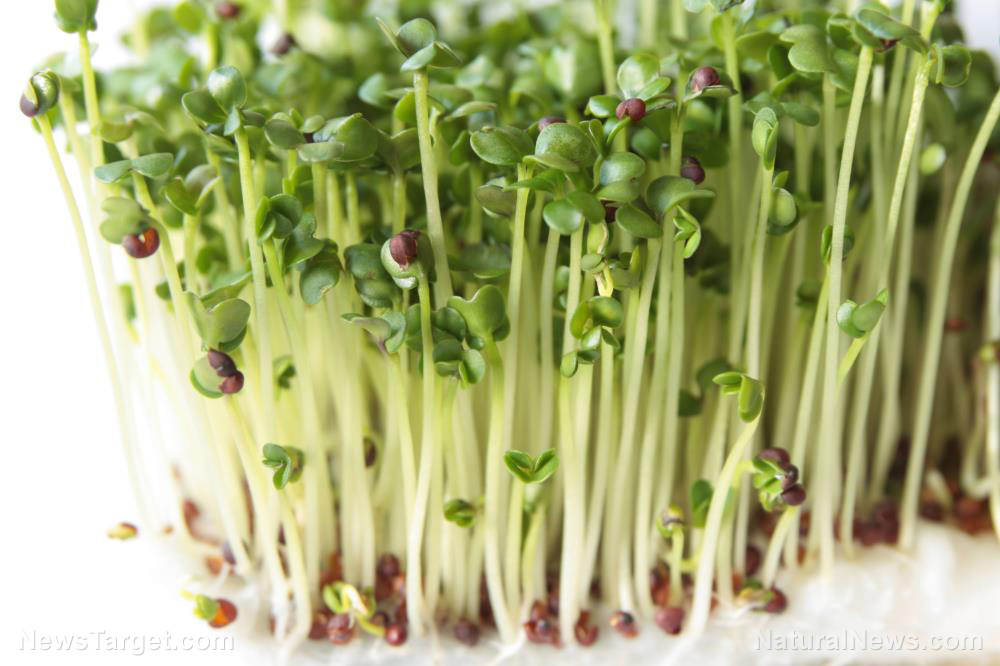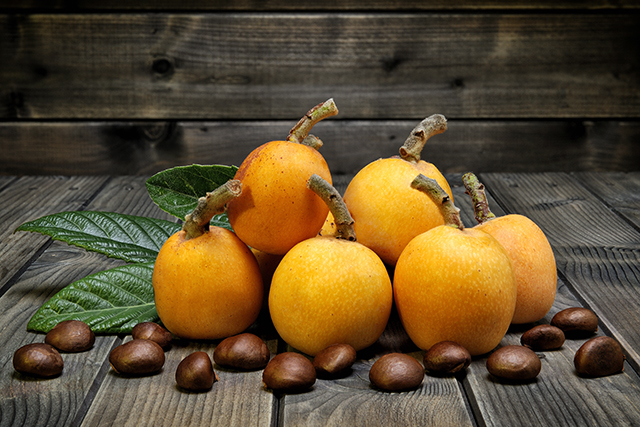Cut down on processed food intake with these simple steps
08/27/2021 / By Ramon Tomey

Processed foods refer to foods that have been altered from their original state through preparation or preservation. Not all processed foods are bad, as some only undergo minimal processing and retain most of their nutrients. However, heavily processed foods can contribute very little in terms of nutrition; if anything, they’re actually full of harmful chemicals.
Unfortunately, heavily processed foods often make up a huge portion of people’s diets. The nutrients they lose during processing are replaced by manufacturers with salt, sugar and fat, making them unhealthy. Furthermore, these processed foods contain chemical additives and preservatives to enhance their taste and extend their shelf life.
Some people may find it difficult to reduce their consumption of processed foods due to limited access to fresh produce. Here are some realistic steps to follow so you can cut back on unhealthy, overly processed foods.
Choose whole grain products instead of refined grains
Grains are typically comprised of three components – the bran, endosperm and germ. The hard, outer bran contains fiber, minerals and antioxidants while the inner germ contains vitamins, minerals, protein and plant compounds. Refined grains remove the bran and germ when processing, leaving the carbohydrate-rich endosperm behind.
The refining process unfortunately removes the nutritious parts of the grain. Whole grain products contain higher amounts of vitamins, minerals and antioxidants because they retain the bran and germ. The higher fiber content of whole grain products helps in digestion and satiety. These also lower the risk of certain conditions such as stroke, heart disease and type 2 diabetes.
Brown rice acts as a more filling replacement for white rice. Whole wheat breads, pasta and tortillas can also pave the way for healthier eating.
Drop sugary drinks in favor of water
Sodas, powdered drink mixes, energy drinks and sports drink contain little nutrition – and substantial amounts of sugar and calories. These are often sweetened using high-fructose corn syrup, sucrose, fruit juice concentrates and more. Excessive consumption of these drinks can contribute to weight gain and a higher risk of chronic illnesses such as type 2 diabetes and heart disease.
Energy drinks contain as much sugar as regular soft drinks, plus enough caffeine to increase one’s blood pressure. On the other hand, sports drinks are designed for athletes doing high-intensity workouts that last one hour or longer. Thus, regular people drinking these beverages only increase their sugar and calorie intake as a result. (Related: Energy drinks found to be shockingly toxic to the human heart.)
At the end of the day, good old water is still the best way to quench thirst. Infusing regular water with fruits and herbs can help brighten it and promote increased water intake.
Bulk up meals by adding fresh fruits and vegetables
Some vegetables and fruits can be added to dishes to “bulk” them up. These serve a two-fold purpose by adding extra nutrition and minimizing the need for heavily processed foods. Bulkier vegetables such as carrots, broccoli and cauliflower can be added to casseroles or taco filling.
Meanwhile, nutrient-packed spinach can be added into eggs or breakfast potatoes for a healthy, filling meal. Other greens such as kale, chard or bok choy can be prepared as a quick side dish or incorporated into main dishes. These can simply be tossed into the pot after a quick chop to imbue dishes with extra nutrition.
Fresh fruit also pairs well with oatmeal. Sliced bananas, strawberries or blueberries can be mixed in with breakfast oats for that extra shot of nutrition and natural sweetness.
Read the labels and compare ingredients
Taking time to read the labels on store-bought foods plays a key role in making healthier dietary choices. The first three ingredients indicated on a product’s label serve as a clue to what it is mostly made of. Sugar usually goes by various names such as high-fructose corn syrup, malt syrup, maltose, corn sweetener and dextran – so it’s best to be wary of these.
Hydrogenated oils – commonly called trans fats – are also something to look out for. Trans fats raise “bad” cholesterol levels while lowering “good” cholesterol levels, increasing the risk for certain chronic illnesses. These are often found in cookies and baked products, packaged frozen meals and microwave popcorn. (Related: Study: Trans fats linked to poor brain health and greater risk of dementia and Alzheimer’s.)
It is best to compare different products and scrutinize ingredients before putting them in the shopping cart. It instills better food choices and helps wean away from heavily processed food.
CleanFoodWatch.com has more articles about the dangers of eating processed foods.
Sources include:
Tagged Under: clean food, Fresh, fresh produce, fruits, grocery tips, healthy diet, ingredients, natural health, organics, veggie, whole grains
RECENT NEWS & ARTICLES
COPYRIGHT © 2017 NATURAL HEALTH NEWS





















